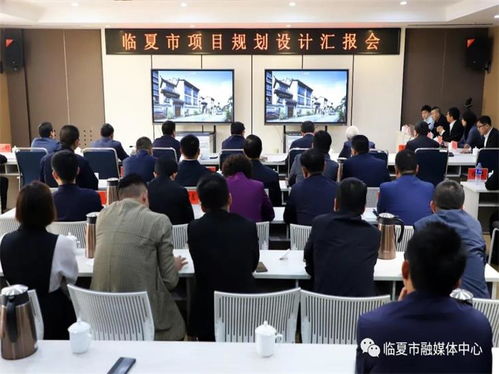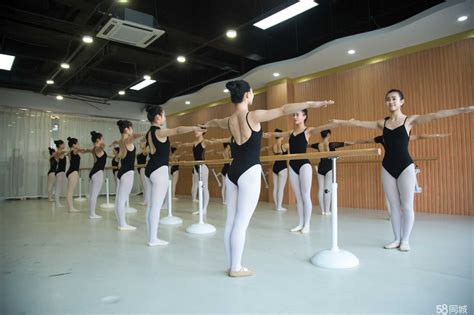教育教学能力测试试题
Title: Enhancing Educational Instructional Abilities: A Comprehensive Assessment
Introduction
The realm of education constantly evolves, demanding educators to adapt and enhance their instructional abilities. To ensure effectiveness in teaching, educators undergo comprehensive assessments, evaluating various facets of their educational prowess. This guide presents a holistic approach to assessing educational instructional abilities, encompassing pedagogical strategies, classroom management, assessment techniques, and professional development initiatives.
Pedagogical Strategies
Pedagogical strategies form the foundation of effective teaching, encompassing instructional methods, lesson planning, and curriculum design. Assessing pedagogical strategies involves evaluating:
1.
Diverse Instructional Techniques
: Assess educators' ability to employ a variety of teaching methods, including lectures, group discussions, experiential learning, and multimedia presentations.2.
Differentiated Instruction
: Evaluate educators' capacity to tailor instruction to meet diverse student needs, including those with varying learning styles, abilities, and backgrounds.
3.
Integration of Technology
: Gauge the integration of technology into teaching practices, including the use of educational software, online resources, and interactive whiteboards.Classroom Management
Effective classroom management fosters a conducive learning environment, promoting student engagement and academic achievement. Assess classroom management skills by examining:
1.
Behavioral Management Strategies
: Evaluate educators' ability to implement proactive strategies for managing student behavior, fostering a positive classroom culture and minimizing disruptions.2.
Time Management
: Assess educators' proficiency in time management, including lesson pacing, transitions between activities, and maximizing instructional time.3.
StudentCentered Approach
: Determine the extent to which educators involve students in decisionmaking processes, fostering a sense of ownership and responsibility within the classroom.Assessment Techniques
Assessment plays a pivotal role in measuring student learning and informing instructional decisions. Evaluate assessment techniques by considering:
1.
Formative Assessment Practices
: Assess educators' use of formative assessment strategies to monitor student progress, provide timely feedback, and adjust instruction accordingly.2.
Authentic Assessment Methods
: Determine the extent to which educators incorporate authentic assessment methods, such as projectbased assessments, portfolios, and realworld simulations.3.
Data Analysis Skills
: Evaluate educators' ability to analyze assessment data effectively, identify areas of student growth and areas needing improvement, and use data to inform instructional planning.Professional Development Initiatives
Continuous professional development is essential for educators to stay abreast of emerging trends, refine their skills, and enhance their instructional effectiveness. Assess professional development initiatives by considering:
1.
Participation in Workshops and Seminars
: Evaluate educators' engagement in professional development opportunities, including workshops, seminars, and conferences focused on pedagogical advancements.2.
Collaborative Learning Communities
: Determine the extent to which educators participate in collaborative learning communities, such as professional learning communities (PLCs), where they can share best practices, collaborate on curriculum development, and engage in reflective dialogue.3.
Utilization of Feedback Mechanisms
: Assess educators' responsiveness to feedback from administrators, colleagues, and students, as well as their willingness to engage in selfreflection and seek opportunities for growth.Conclusion
The assessment of educational instructional abilities is multifaceted, encompassing pedagogical strategies, classroom management, assessment techniques, and professional development initiatives. By conducting comprehensive assessments, educational institutions can identify areas of strength and areas for improvement among educators, ultimately enhancing instructional quality and fostering student success.











